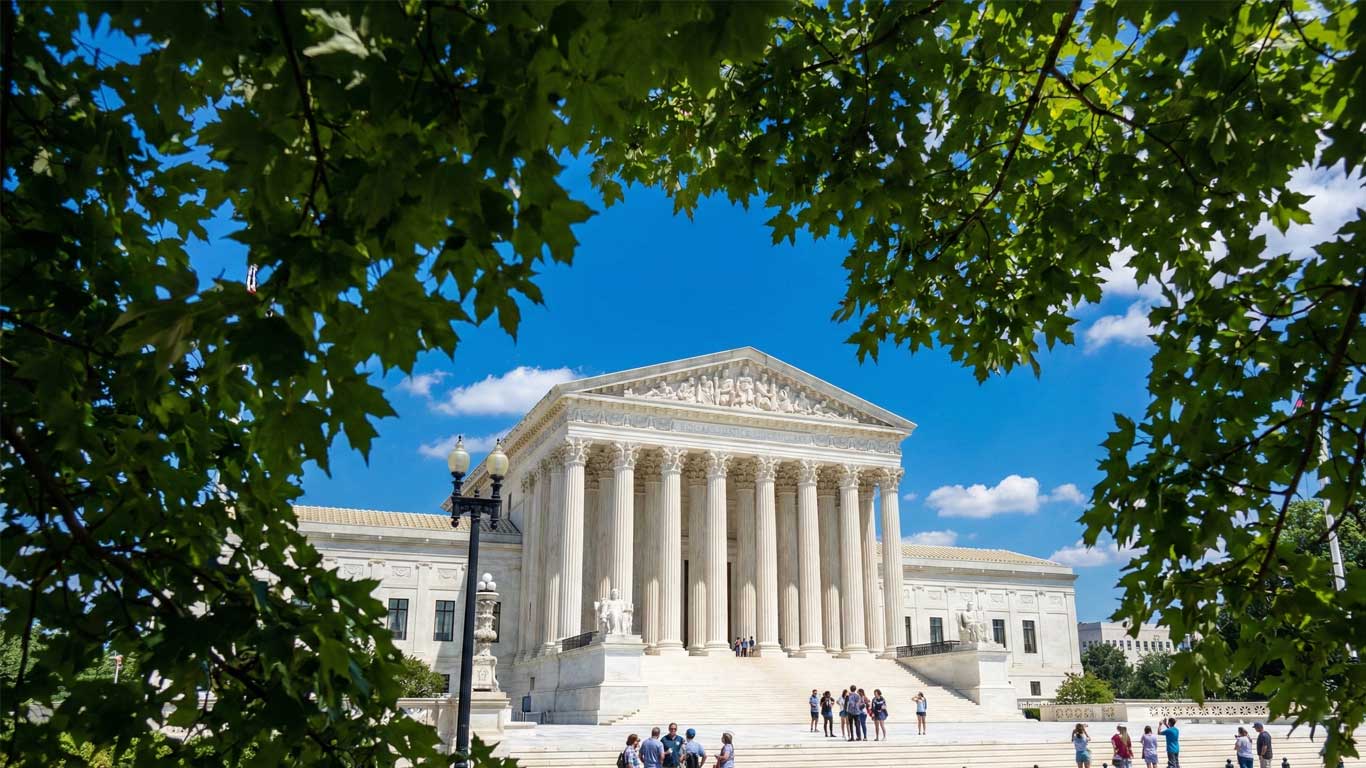
The First Appellate District of Ohio has overturned a lower court’s decision, affirming the constitutionality of a state law prohibiting individuals from carrying or using firearms while intoxicated. The case, *State of Ohio v. Benjamin Riffee*, centered on whether Ohio Revised Code 2923.15, which has been in place since 1974, violates the Second Amendment of the U.S. Constitution and the Ohio Constitution. The appellate court found that the law is consistent with the history and traditions of gun regulation in the United States and Ohio.
The case originated from an incident on August 31, 2023, when Cincinnati police arrested Benjamin Riffee at his home for possessing a .45-caliber handgun while appearing intoxicated. Riffee was arrested after police responded to a “Shot Spotter” notification and a 9-1-1 call reporting a shot fired from his residence.
The Lower Court’s Decision
The Hamilton County Municipal Court initially sided with Riffee, granting his motion to dismiss the case. The lower court agreed with Riffee’s argument that R.C. 2923.15 violated the Second and Fourteenth Amendments of the U.S. Constitution, as well as Article 1, Section 4 of the Ohio Constitution. The lower court’s decision was based on the fact that the law lacked a historical analogue that applied a similar prohibition on an individual’s right to carry a firearm, specifically, while intoxicated in their home.
The Appellate Court’s Reasoning
The appellate court disagreed with the lower court’s conclusion, though it acknowledged the trial court’s adherence to the legal framework established in *New York State Rifle & Pistol Assn. v. Bruen* (2022). This framework, which requires courts to examine the historical context of gun regulations, was central to the appellate court’s decision.
The appellate court found that the prohibition against handling a firearm while intoxicated aligns with historical practices. The court cited examples of laws from the 17th, 18th, and 19th centuries that restricted the use of firearms by intoxicated individuals. These historical analogues, the court argued, supported the constitutionality of R.C. 2923.15 under both the federal and state constitutions.
The court emphasized that the right to bear arms, while constitutionally protected, is not absolute. The ruling cited *District of Columbia v. Heller* (2008), which stated the Second Amendment protects “the right to law-abiding, responsible citizens to use arms in defense of hearth or home.” The court determined that Riffee’s actions—carrying a firearm while intoxicated—were not responsible and therefore not protected under the Second Amendment.
Focus on Dangerousness
In a separate concurring opinion, Judge Moore suggested that in cases like this, courts could also consider a broader “dangerousness” analysis. This approach, he argued, would focus on whether the law addresses a clear public safety risk, like the risk posed by intoxicated individuals handling firearms. Judge Moore pointed out that a focus on dangerousness aligns with the history and traditions of firearm regulation and could potentially ease the burden on busy trial courts. This approach is not new and has been discussed by the U.S. Supreme Court.
The appellate court’s decision reversed the lower court’s dismissal of the case and sent it back for further proceedings consistent with the appellate court’s opinion. The court also ordered that the costs of the appeal be taxed under App.R. 24.